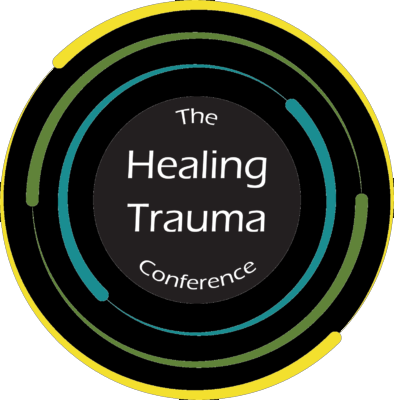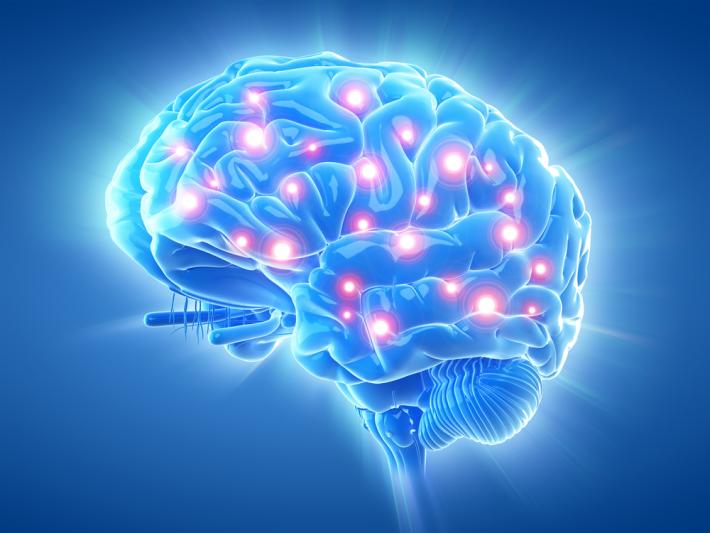When someone is traumatized the brain processes what happened differently than it would with ordinary events. In the brain, trauma affects cognition, memory, and other processes.
“In a non-traumatized brain, the whole brain is working together. In people who are traumatized, there is desynchronization. In trauma, it’s harder to distinguish what is relevant from what is irrelevant.”
~Bessel Van der Kolk
When trauma happens, what happens in the brain changes. For example, normally the hippocampus is responsible for storing memories. But when a traumatic event occurs, it stops doing that and switches its role, and starts to pump out cortisol to keep us from feeling pain during a life-threatening event. Memories can get stuck in the limbic system of the brain.
During trauma, the parts of the brain that take over are the older more primitive parts of the brain, not the newer, more conscious part. So, reactions to trauma are instinctive and survival-based, not rationally derived. Under stress, the prefrontal cortex (responsible for executive function) goes offline.
Emotions and sensory perceptions are still operating. That’s why a person can get triggered by color, smell, sound, or sensation that will set off alarms in the brain even when no threat is present.
In this session, we will talk about memories as they relate to trauma, and ways that working with the mind and body can help regulate the nervous system.
Our presenter:
Cheryl Mills is a co-founder and President of Haelan House, and Mindfulness Coach. She offers mindfulness coaching, classes, and programs to help people reduce stress and anxiety and learn how to be more present in their lives for increased health and wellbeing in mind, body, and spirit. She received her training to teach Mindfulness-Based Stress Reduction from the Center for Mindfulness in Medicine, Health Care and Society at the University of Massachusetts Medical Center where Jon Kabat-Zinn started this work over 40 years ago. She is also a Behavior Change Facilitator who teaches mindful eating and anxiety reduction classes.
You can watch the replay here.

